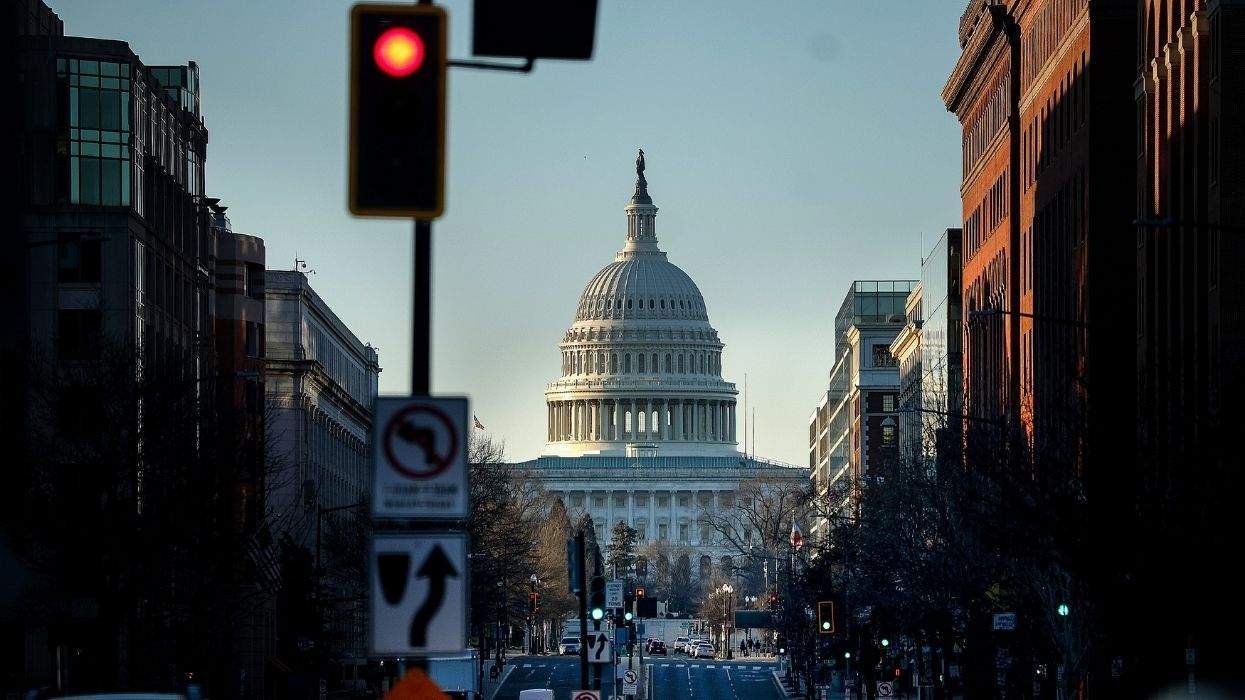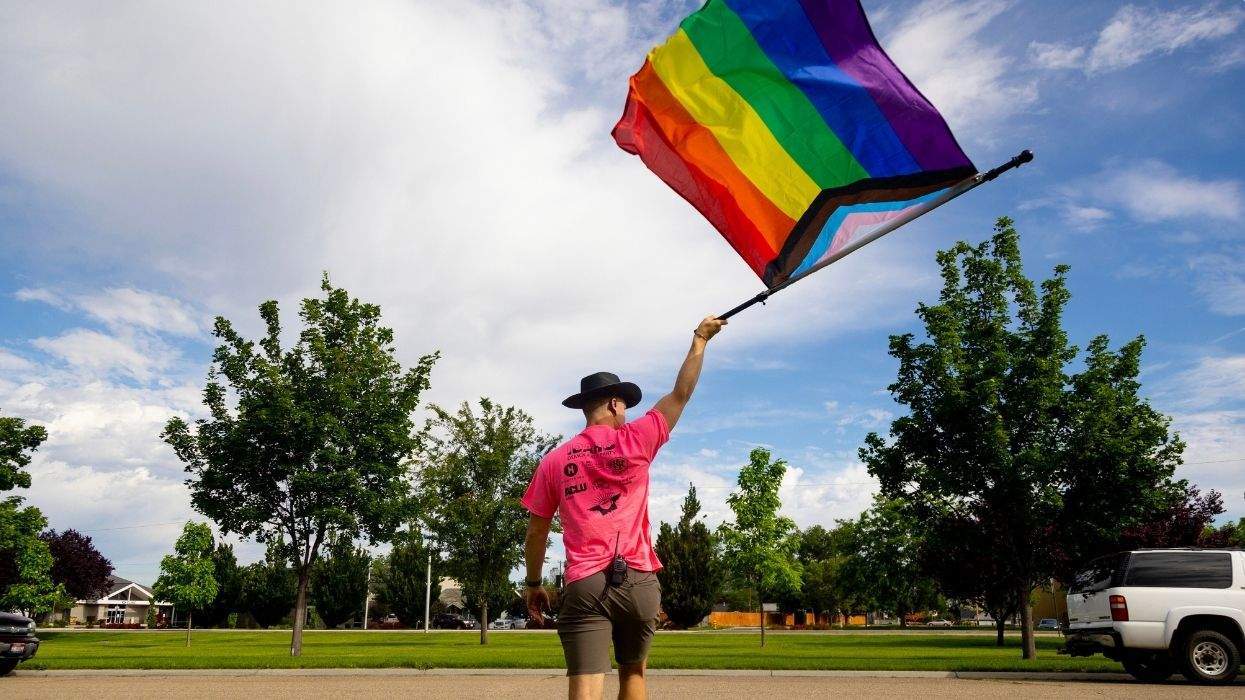UPDATE: Gov. Kay Ivey signed the bill into law Wednesday afternoon, and it is set to go into effect in six months. Pro-choice groups plan to file suits challenging the law and seeking injunctions to keep it from being enforced.
Alabama passed a near-total ban on abortion late Tuesday.
The openly unconstitutional legislation represents the boldest taunt yet from red state politicians seeking to put the right to choose back before the U.S. Supreme Court.
The bill, which makes it a felony for doctors to perform abortions, passed overwhelmingly in the state Senate, according to AL.com. The only exceptions under the law are threats to the mother's health and fatal fetal abnormalities.
"We're excited about the possibilities that it could mean," said state Rep. Terri Collins, who sponsored the measure in the state House.
Pro-choice activists immediately reminded the public that no laws have changed yet in the short term. Clinic escort Lauren Rankin encouraged all women who have scheduled medical appointments to call their doctors before assuming cancellations.
The Alabama law will not hold a person receiving an abortion criminally liable, but a doctor performing the procedure could be charged with a felony and face 10 to 99 years in prison.
Rankin directed concerned individuals to support the Yellowhammer Fund, a group dedicated to providing safe access to legal abortions. In the event the state starts enforcing the law at any of the state's three abortion clinics, the organization will provide transportation and lodging outside the state.
Alabama delivered the most draconian abortion restrictions in the U.S. in decades, but the Cotton State is just one of several defying the 1973 ruling by the U.S. Supreme Court in Roe v. Wade.
Georgia Gov. Brian Kemp last week signed a so-called heartbeat bill, as reported by The Atlanta Journal-Constitution. That bill prohibits most abortions after six weeks, when doctors can first detect a fetal heartbeat.
These aggressive moves come after 15 states adopted 27 various restrictions on abortion and family planning over the course of 2018, according to the Guttmacher Institute.
All of this seems to lay a pathway for abortion rights to land back in front of the high court. That possibility already seemingly prompted preemptive warnings from the court's liberal wing about breaking precedent.
In an unrelated ruling breaking with precedent, Justice Stephen Breyer's dissent pointedly cited the Planned Parenthood v. Casey case, a 1992 decision where a divided court ultimately let Roe stand. He suggested the court was inviting challenges to settled law.
"Today's decision can only cause one to wonder which cases the court will overrule next," he wrote.
Indeed, the implications of challenging Roe extend well beyond abortion. If a 46-year-old ruling could be redressed with the high court, that offers little optimism over more recent rulings like the 5-4 decision on Obergefell v. Hodges making marriage equality the law of the land nationwide.
The landmark Roe decision involved a Texas woman, initially identified as Jane Roe, who was denied access to an abortion. The woman, later revealed as Norma McCorvey, delivered the child and put it up for adoption by the time the high court ruled 7-2 in favor of the right to choose.
McCorvey later came out as a lesbian and had a change of heart on abortion herself. But being a lesbian pro-life activist led to a decades-long complicated relationship with social conservatives up until her 2017 death.
Support for the decision remains at a near all-time high.















Charlie Kirk DID say stoning gay people was the 'perfect law' — and these other heinous quotes
These are some of his worst comments about LGBTQ+ people made by Charlie Kirk.